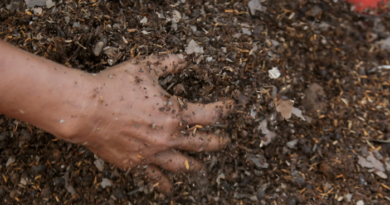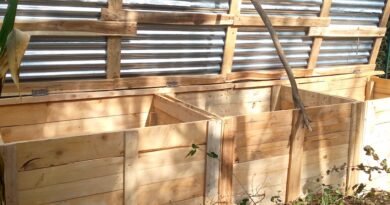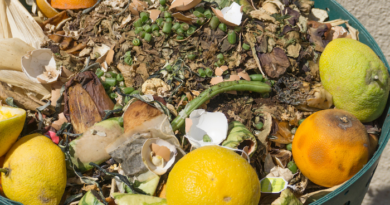The Science Behind Composting And Why It’s So Important
Composting is a process that helps to break down organic matter, such as food scraps and leaves, into a nutrient-rich soil amendment that you can use to improve the health of your plants and garden. And it’s not just suitable for your plants—it’s good for the planet, too. This blog post will explore the science behind composting and why it’s so important. We will also learn about the benefits of composting and how you can start your composting journey.
Plant Available Nutrients and Micronutrients
Plants need a variety of nutrients and micronutrients to grow. These include nitrogen, phosphorus, potassium, calcium, magnesium, sulfur, iron, boron, copper, manganese, molybdenum, chlorine, and zinc. While most of these nutrients can be found in the soil, some may be lacking or unavailable to plants. This is where compost comes in.
Compost is decomposed organic matter containing various plant nutrients and micronutrients. It can be used as a fertilizer or soil amendment to improve plant growth. Composting occurs when organic matter decomposes naturally through the action of bacteria and fungi. This process breaks down complex compounds into simpler forms that plants can use for food.
Composting is a great way to recycle organic waste and give back to the earth. It also has many benefits for plants, including improved growth and yields, increased nutrient uptake, and enhanced disease resistance. Soil amended with compost also has better water retention capacity, which helps reduce water needs during drought conditions.
Benefits of Organic Matter In The Soil
Organic matter in the soil is essential for plant growth. It improves soil structure, increases water infiltration and drainage, and helps to regulate soil temperature. Organic matter also provides a source of nutrients for plants and can help to improve the taste of fruits and vegetables.
Biological Activity
Composting is breaking down organic matter, such as food scraps and leaves, into a rich soil amendment that you can use to improve the health of your garden. The science behind composting is simple: microorganisms, such as bacteria and fungi, break down the organic matter into nutrients that plants can use.
The benefits of composting are many. Recycling organic matter back into the soil reduces the amount of waste that goes to landfills. Compost also helps improve soil structure, drainage, and aeration while adding essential nutrients to the earth. This results in healthier plants with deeper roots and fewer pests. In addition, composting reduces the need for chemical fertilizers and pesticides.
If you’re looking to start composting at home, there are a few things you’ll need: a bin or pile in which to compost (you can buy one or build your own), some brown material (such as dry leaves) for carbon, some green material (such as food scraps) for nitrogen, water, and patience!




